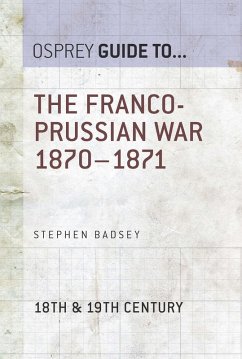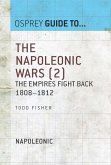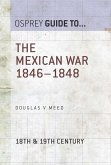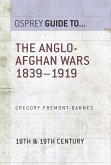The Franco-Prussian War broke out in 1870 when Bismarck engineered a war with the French Second Empire under Napoleon III. This was part of his wider political strategy of uniting Prussia with the southern German states, excluding Austria. The war was an overwhelming Prussian victory, and King Wilhelm I was proclaimed Emperor of the new united Germany. The Second Empire collapsed and Napoleon III became an exile in Britain. In the peace settlement with the French Third Republic in 1871 Germany gained the eastern French provinces of Alsace and Lorraine, areas that were to provide a bone of contention for years to come.
Bitte wählen Sie Ihr Anliegen aus.
Rechnungen
Retourenschein anfordern
Bestellstatus
Storno









